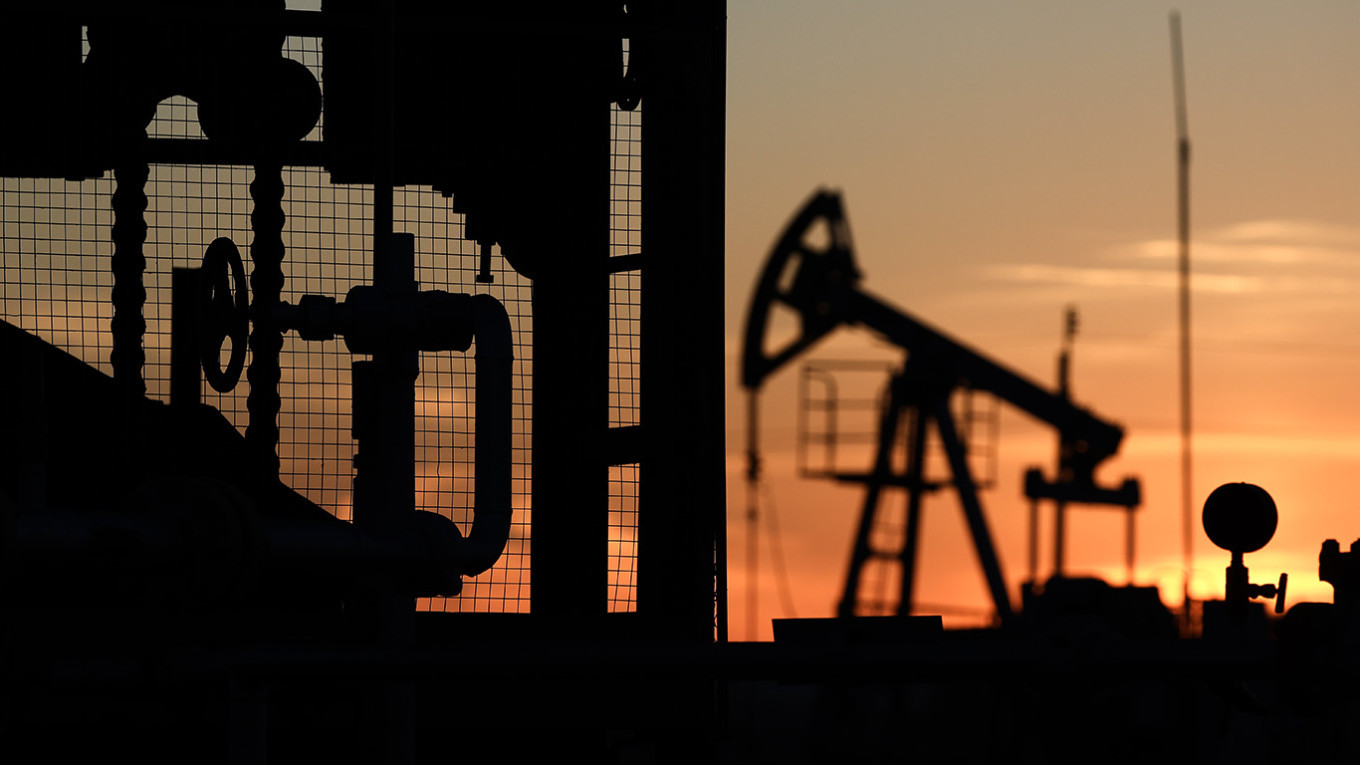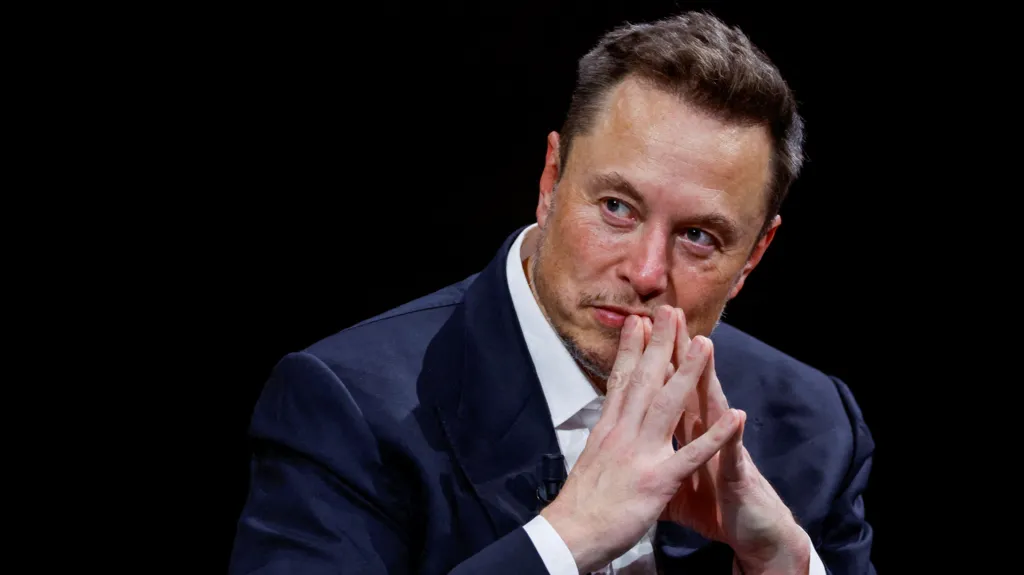The conflict in Ukraine continues to reshape global politics, and the United States is once again urging its allies in Europe to take stronger action. President Donald Trump has intensified his calls for European nations to reduce their dependence on Russian oil, while also placing greater economic pressure on China. His position underscores Washington’s belief that energy revenues and strategic partnerships remain crucial lifelines for Moscow’s war effort.
Energy trade remains one of the most sensitive elements of international relations. Despite multiple rounds of sanctions, Russia continues to benefit from oil sales to European countries. For years, the European Union has relied on Russian fuel to meet its energy demands, creating a complex web of dependency that now stands at odds with its support for Ukraine. Trump has argued that reducing oil imports from Moscow is not only a matter of economic policy but also a moral responsibility to prevent the financing of war. A detailed overview of Europe’s energy situation can be found at European Commission – Energy.
The second part of Trump’s strategy focuses on China, which he accuses of indirectly funding Russia’s military activities. By maintaining commercial ties with Moscow and expanding its trade links, Beijing has positioned itself as a powerful economic partner for Russia. The United States has long warned that without significant pressure from Europe and other global actors, China will continue to provide financial and technological support that sustains Russia’s resilience. More context on U.S.–China economic relations is available at U.S. Department of State.
Europe’s Role in Ending the Conflict
European leaders face a difficult balancing act between maintaining economic stability and taking strong measures against Moscow. The reduction of Russian oil imports presents both an opportunity and a challenge. On one hand, it would weaken Russia’s revenues; on the other, it requires Europe to accelerate investment in alternative energy sources. Many countries are already diversifying through renewable energy projects, nuclear development, and stronger ties with suppliers in the Middle East and the United States.
The energy shift has also highlighted broader geopolitical dynamics. Europe’s commitment to supporting Ukraine goes beyond military assistance, extending into financial aid, refugee support, and reconstruction planning. The effectiveness of these measures depends heavily on how quickly European states can reduce their economic reliance on Russia and coordinate sanctions. Insights into Europe’s evolving energy strategy can be found at International Energy Agency.
The Growing Pressure on China
China’s role in the global economy makes it a far more complex challenge. While Trump has called for stronger tariffs and economic measures to pressure Beijing, Europe remains cautious due to its own trade dependencies with China. Nevertheless, there is a growing consensus among Western allies that limiting China’s financial and technological partnerships with Russia is essential to reducing Moscow’s war capabilities.
For Ukraine, stronger Western coordination is vital. By cutting off energy revenues and isolating Russia from global supply chains, Kyiv hopes to gain a stronger position in negotiations. Trump’s insistence on European leadership, coupled with American security guarantees, points to a strategy where shared responsibility is necessary to bring about peace. For updates on the conflict and its global impact, the Council on Foreign Relations provides in-depth analysis of international policy shifts.
As the war continues, the pressure on Europe and China to adjust their economic policies will only intensify. Whether these actions will be enough to force Moscow toward a resolution remains uncertain, but the push for coordinated energy and trade restrictions is rapidly becoming one of the defining strategies in global diplomacy.



